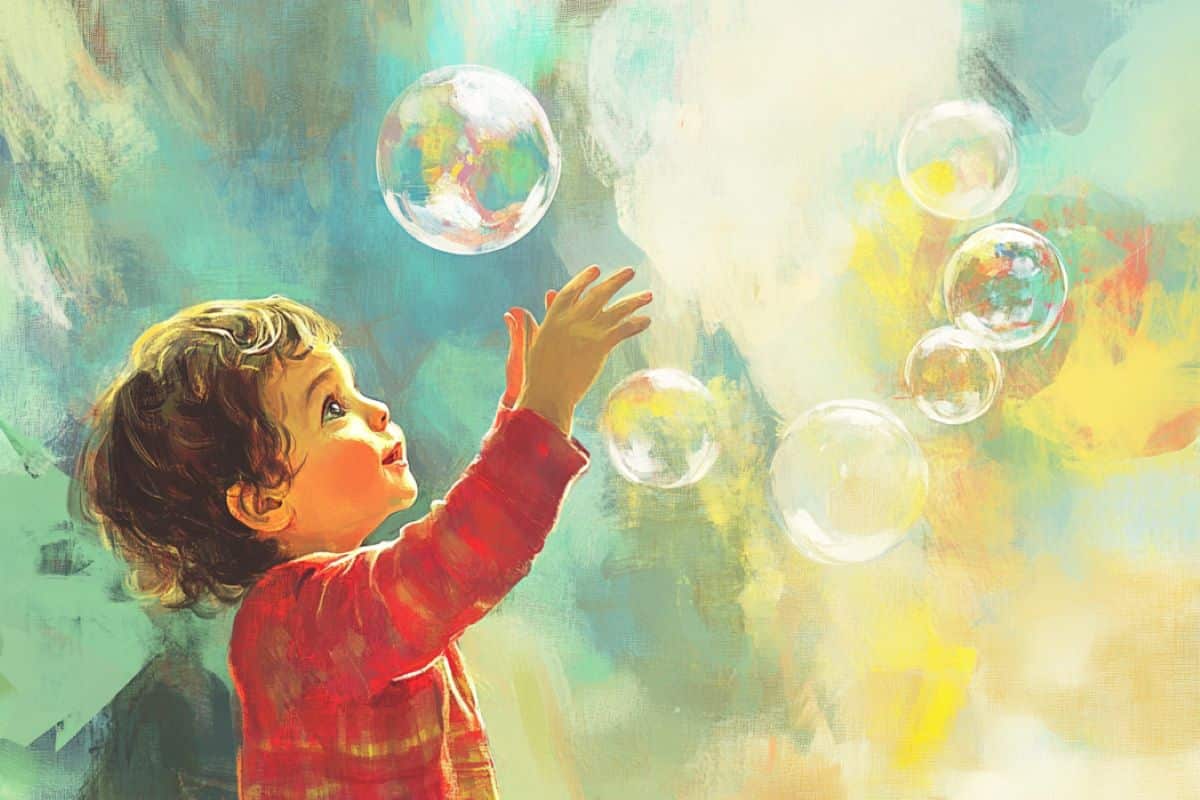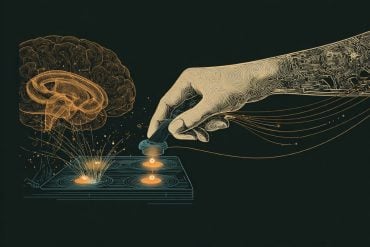Summary: Young children grasp possibilities and distinctions between improbable and impossible events well before they can explain them in words. In a new study, two- and three-year-olds were found to learn more effectively after witnessing impossible events, which seem to trigger an intense curiosity.
Toddlers didn’t show a similar learning boost for improbable events, suggesting that impossible occurrences ignite deeper engagement. These findings highlight the value of creating “puzzling” learning moments for young children, potentially enhancing educational approaches in early childhood.
Key Facts
- Children ages 2-3 learn better after experiencing impossible, rather than improbable, events.
- Impossible events appear to fuel toddlers’ curiosity, encouraging exploration.
- This insight could help educators design scenarios that boost young children’s engagement and learning.
Source: Johns Hopkins University
Children too young to know words like “impossible” and “improbable” nonetheless understand how possibility works, finds new work with two- and three-year-olds.
The findings, the first to demonstrate that young children distinguish between improbable and impossible events, and learn significantly better after impossible occurrences, is newly published in Proceedings of the National Academy of Sciences.

“Even young toddlers already think about the world in terms of possibilities,” said co-author Lisa Feigenson, co-director of the Johns Hopkins University Laboratory for Child Development.
“Adults do this all the time and here we wanted to know whether even toddlers think about possible states of the world before they’ve had years of experience and before they have the language to describe these mental states.”
Adults consider possibilities daily. Rain likely? Best bring an umbrella. If I buy a lottery ticket will I win? Probably not. But it wasn’t known if toddlers also practice that mental judgement or if it emerges with age and experience.
Two- and three-year-old children were shown a gumball-type machine filled with toys. Some kids saw a mix of pink and purple toys. Others saw the machine was filled with only purple toys. Children then got a coin to drop into the machine to draw one toy.
The kids who saw that a mix of pink and purple toys was available and drew a pink one shouldn’t have been surprised since even if there weren’t that many pink ones—and even if there was only one pink one—there was some chance they’d get a pink toy. But some kids who saw the machine filled with only purple toys got a pink—which shouldn’t have been possible.
After they got their toys, all of the children were told the name of the toy—a made-up word—and then asked the name a short while later. Kids who experienced the impossible scenario and drew a pink toy when the machine contained no pink toys, learned significantly better than everyone else. But as long as getting a pink toy was possible, no matter how unlikely, kids experienced no boost to their learning.
“One possibility was that they would learn well from the improbable events, but even better from the impossible events,” said co-author Aimee Stahl, a former doctoral student in Feigenson’s lab who is now an associate professor of Psychology at The College of New Jersey.
“But what we found was that they actually don’t learn from the unlikely, improbable events. They only learn if they experienced the impossible event.”
Feigenson and Stahl believe toddlers learn so much better after impossible events because the unexpected drives them to search for explanations. Improbable events might be surprising, but they don’t necessarily need any explanation. Impossible events require kids to reevaluate what they thought they knew.
“These results are so interesting because they show that when children see events in the world that they can’t explain, it instills in them a drive for information that they can use to reconcile their prior model of the world with what they’ve just seen,” Feigenson said.
“Scientifically, these findings are exciting because they suggest that humans are equipped from the get-go to think about whether things are possible or unlikely or just can’t happen.”
Next the researchers plan to study how this drive for explanations can be harnessed in the classroom. The findings suggest parents and teachers can create these heightened learning moments for kids.
“Parents and educators can create opportunities for children to really puzzle over something they find mysterious to offer a really powerful moment for learning to occur,” Feigenson said.
About this learning and neurodevelopment research news
Author: Jill Rosen
Source: Johns Hopkins University
Contact: Jill Rosen – Johns Hopkins University
Image: The image is credited to Neuroscience News
Original Research: Open access.
“Young children distinguish the impossible from the merely improbable” by Lisa Feigenson et al. PNAS
Abstract
Young children distinguish the impossible from the merely improbable
From infancy, children show heightened interest in events that are impossible or improbable, relative to likely events.
Do young children represent impossible and improbable events as points on a continuum of possibility, or do they instead treat them as categorically distinct?
Here, we compared 2- and 3-y-old children’s learning (N = 335) following nearly identical events that were equi-probable, improbable, or impossible.
We found that children learned significantly better following impossible than possible events, no matter how unlikely.
We conclude that young children distinguish between the impossible and the merely improbable.







